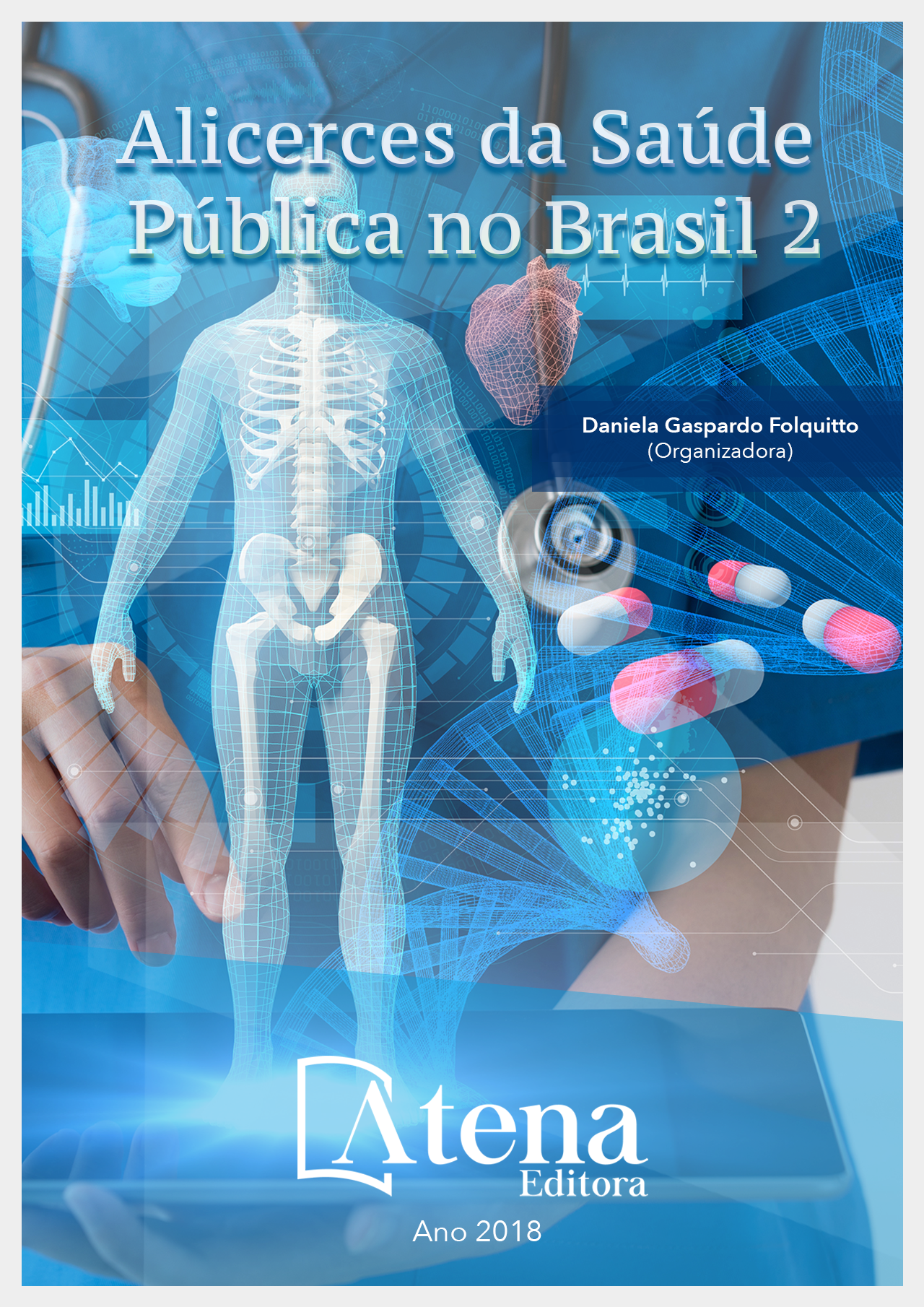
GEOGRAFIA E MEDICINA: PERSPECTIVAS DE INTERDISCIPLINARIDADES NA SAÚDE COLETIVA
Neste artigo apresentam-se os
resultados de uma experiência de caráter
técnico-acadêmico, realizada durante o estágio
docente em Geografia com alunos do curso de
Medicina. Os procedimentos metodológicos
foram conduzidos por meio da observação direta
no campo, acompanhamento pedagógico e
pesquisa participante (participação em pesquisa).
Na pesquisa participante, foi investigado o
reconhecimento da categoria analítica “lugar”
da Geografia, como recorte espacial para o
planejamento da saúde na atenção primária.
De acordo com os resultados, apenas 16% dos
alunos ressaltaram a importância de conhecer
o lugar do indivíduo acometido pela morbidade
especificada. Das investigações, de 100%
dos alunos que responderam o diagnóstico
“Disenteria” não mencionaram o lugar do
indivíduo como importante. Em seguida, do
diagnóstico de “Desnutrição”, apenas 20% citou
o lugar do paciente. Já no reconhecimento da
“Infecção intestinal”, apenas a medicação foi
citada, sem qualquer conexão com o espaço
geográfico do paciente. Na análise do “Pé
diabético”, 20% dos alunos que prescreveram
o lugar que o paciente mora, como importante
para o tratamento. Para as doenças diarreicas,
19% dos alunos que medicaram, ressaltaram
a importância do lugar para o sucesso do
tratamento da referida morbidade. A participação
do estágio de docência da Geografia no curso
de medicina foi uma experiência desafiadora,
porém, satisfatória, que resultou no conjunto de
conhecimentos interdisciplinar.
GEOGRAFIA E MEDICINA: PERSPECTIVAS DE INTERDISCIPLINARIDADES NA SAÚDE COLETIVA
-
DOI: Atena
-
Palavras-chave: Geografia; Saúde Coletiva; Estágio; Amazonas.
-
Keywords: Geography; Collective Health; Internship;Amazonas.
-
Abstract:
This article presents the results of
an experience of a technical-academic nature,
carried out during the teaching internship
in Geography with medical students. The
methodological procedures were conducted
through direct observation in the field,
pedagogical accompaniment and participant
research. In the participant research, we
investigated the recognition of the analytical
category “place” from Geography as spatial cut
for health planning in primary care. According to the results, only 16% of the students emphasized the importance of knowing the
individual’s place affected by the specified morbidity. From the investigations, 100%
of the students who answered the diagnosis “Desinteria” did not mention the place
of the individual as important. Then, from the diagnosis of “Malnutrition”, only 20%
cited the patient’s location. Already in the recognition of “Intestinal infection”, only the
medication was mentioned, without any connection with the geographic space of the
patient. In the “Diabetic Foot” analysis, 20% of the students who prescription cited the
place where patient lives as important for the treatment. For diarrheal diseases, 19% of
the students who medicated, emphasized the importance of the place for the success
in this morbidity’s treatment. The geography teaching internship’s participation in the
medical course was a challenging but a satisfactory experience that resulted in an
interdisciplinary set of knowledge.
-
Número de páginas: 15
- LARISSA CRISTINA CARDOSO DOS ANJOS


